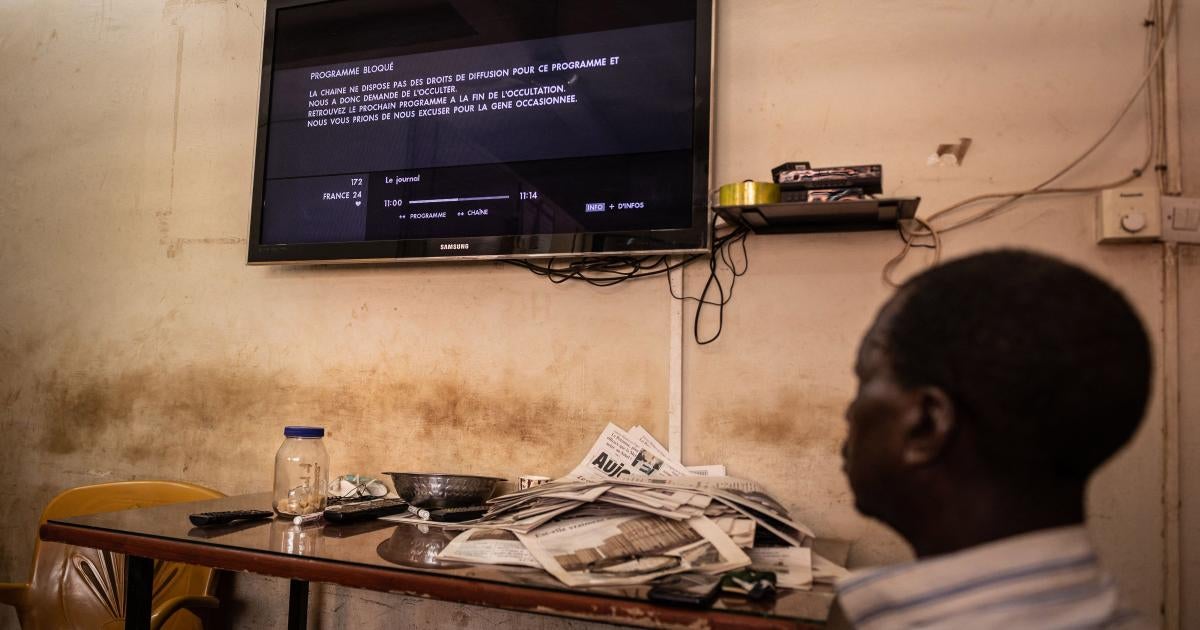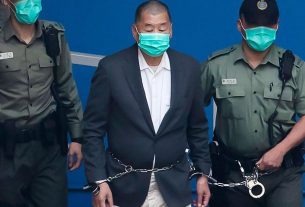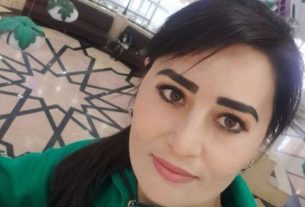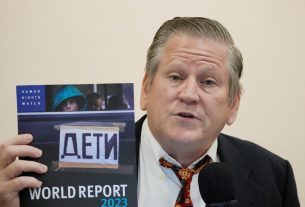In the latest blow to media freedom in Burkina Faso, the country’s transitional military authorities have expelled Agnès Faivre and Sophie Douce, two female journalists working for the French newspapers Libération and Le Monde. Both journalists possessed valid visas and accreditation.
According to the two news organizations, national intelligence officers summoned and questioned both journalists about their work on March 31 in Ouagadougou, Burkina Faso’s capital, and gave them 24 hours to leave the country without providing any reasons for their expulsion.
In its statement, Libération said the decision to expel its correspondent is “unjustified” and linked to its March 27 report on a video allegedly filmed at a military base in Ouahigouya, Yatenga province, showing bodies of children on the ground with men at the scene wearing apparent Burkinabé military uniforms. Le Monde described the evictions as “unacceptable” and condemned “in the strongest terms this arbitrary decision.”
The expulsion of the two journalists is only the latest assault on speech and media freedoms in Burkina Faso. It follows the March 27 suspension of the French international television news network, France 24, and the December 3, 2022 suspension of French international radio news network Radio France Internationale (RFI), accused by the Burkinabé government of airing false reports.
“The junta is doing irreparable damage to freedom of expression in the country,” said Daouda Diallo, a prominent Burkinabe human rights activist and winner of the 2022 Martin Ennals human rights award. “Journalism is not a crime and should stop being a risky job in Burkina Faso.”
Journalists and media organizations in Burkina Faso, both local and international, face increasing harassment, threats, and arbitrary arrests, in an undisguised effort by the military junta to muzzle independent and critical reporting in the country.
As Burkina Faso grapples with armed conflict with Islamist armed groups, journalists should be able to work freely, without fear of reprisals. Transitional military authorities should reverse their decision and allow Faivre and Douce back into the country. More importantly, they should remove barriers that hinder the important work of journalists to inform and educate the Burkinabe people.



